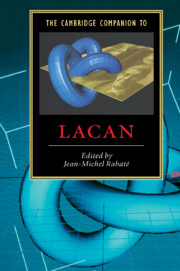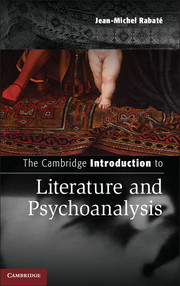James Joyce and the Politics of Egoism
In James Joyce and the Politics of Egoism a leading scholar approaches the entire Joycean canon through the concept of "egoism". This concept, Jean-Michel Rabaté argues, runs throughout Joyce's work, and involves and incorporates its opposite, "hospitality", a term Rabaté understands as meaning an ethical and linguistic opening to "the other". Rabaté explores Joyce's complex negotiation between these two poles in a study of interest to all scholars of modernism.
- Makes literary theory simple and accessible by presenting it in a historical, jargon-free way
- Original analysis of the publication context of Joyce's work
- Puts forward a new way of historicizing Joyce's work by using unpublished documents and manuscripts
Reviews & endorsements
"Rabate is at ease with all of Joyce's fiction, from Dubliners to Finnegans Wake, and he can walk down the paths of theory without becoming convoluted and fuzzy. His approaches to Joyce, in their general intellectual sweep and sensitivity, begin to rival those of Fritz Senn...Highly recommended for those interested in Joyce in particular and modern literature in general." CHOICE
"James Joyce and the Politics of Egotism is...exactly the sort of smart, free-associating affair that serious Joyce scholars will immediately recognize as both on scholarship's cutting-edge and thoroughly 'Joycean' in spirit." English Literature in Transition, 1880-1920
Product details
January 2005Adobe eBook Reader
9780511028687
0 pages
0kg
This ISBN is for an eBook version which is distributed on our behalf by a third party.
Table of Contents
- Foreword
- 1. Aprés le mot, le déluge: the ego as symptom
- 2. The ego, the nation and degeneration
- 3. Joyce the egoist
- 4. The aesthetic paradoxes of egoism: from egoism to the theoretic
- 5. Theory's slice of life
- 6. The egoist and the king
- 7. The conquest of Paris
- 8. Joyce's transitional revolution
- 9. Hospitality and sodomy
- 10. Textual hospitality in the 'capital city'
- 11. Joyce's late modernism and the birth of the genetic reader
- 12. Stewardism, Parnellism and egotism.






